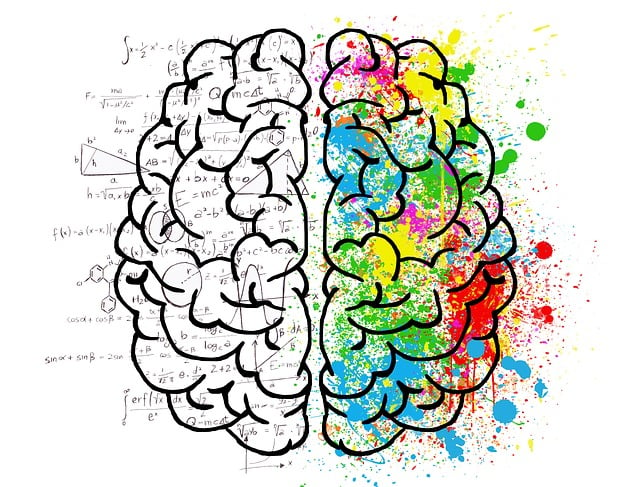The Importance of Mindfulness Practice for Well-Being
The modern world is increasingly fast-paced and full of distractions, which can lead to stress, anxiety, and mental health issues. In this context, the practice of mindfulness has proven to be a powerful tool for promoting well-being and quality of life.
Mindfulness, also known as full attention, is a technique that involves paying intentional attention to the present moment, without judgment. It is a practice that helps us cultivate awareness of the present moment, accepting it as it is, without getting caught up in negative thoughts or worries about the future.
One of the main benefits of mindfulness is stress reduction. By practicing full attention, we are able to recognize the signs of stress in our body and mind, and thus we can act more consciously to deal with these situations. Additionally, regular mindfulness practice helps to decrease the activity of the sympathetic nervous system, responsible for the fight-or-flight response, and increases the activity of the parasympathetic nervous system, responsible for relaxation and rest.
Beyond stress, mindfulness can also help in the treatment of anxiety and depression. By cultivating full attention, we are able to observe our thoughts and emotions without identifying with them, which gives us greater mental clarity and helps us deal more healthily with these feelings. Studies have shown that regular mindfulness practice can reduce symptoms of anxiety and depression, improving the quality of life for people suffering from these disorders.
In addition to mental health benefits, mindfulness can also bring improvements to physical health. Regular mindfulness practice has been associated with a reduction in blood pressure, improvement of the immune system, reduction of chronic pain, and improvement in sleep quality. This occurs because full attention helps us to be more present in our body, recognizing its needs and taking care of it more appropriately.
To start practicing mindfulness, you don’t need to invest in equipment or spend a lot of time. Just set aside a few minutes of your day to sit in a quiet place, close your eyes, and focus on your breathing. Observe the sensations in your body, the thoughts that arise, and the emotions you are feeling, without judgment. Over time, you can increase the duration of the practice and incorporate mindfulness into other daily activities, such as eating, walking, or showering.
In summary, mindfulness practice is a valuable tool for promoting well-being and quality of life. By cultivating full attention, we are able to reduce stress, deal more healthily with anxiety and depression, and improve both mental and physical health. Therefore, take some time to practice mindfulness and reap the benefits of this powerful technique.

